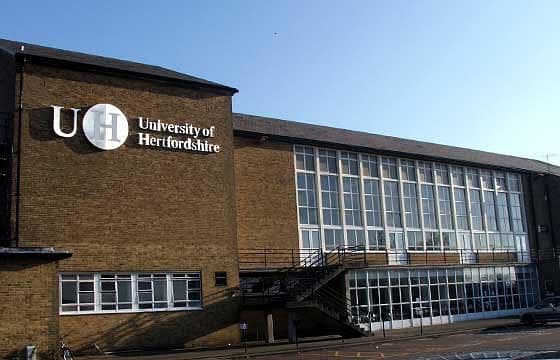BSc (Hons) Psychology at University of Hertfordshire
Hatfield, United Kingdom
- Tuition Fee £ 15,500
- Country Rank-
- Duration36 Months
- Score IELTS: 6 TOEFL: 72
Program Overview
Why choose this course?
- Psychology ranked joint first nationally for research impact (2021 Research Excellence Framework)
- British Psychological Society (BPS) accredited
- Learn with cutting-edge tech: labs, motion capture, brain monitoring
Cost Of Studying At University of Hertfordshire
Interest rates as low as 8.9% *
250K+
Students Assisted
800Cr+
Loan Amount Disbursed
5000+
Loans Sanctioned
Check Loan Eligibility
Powered by
